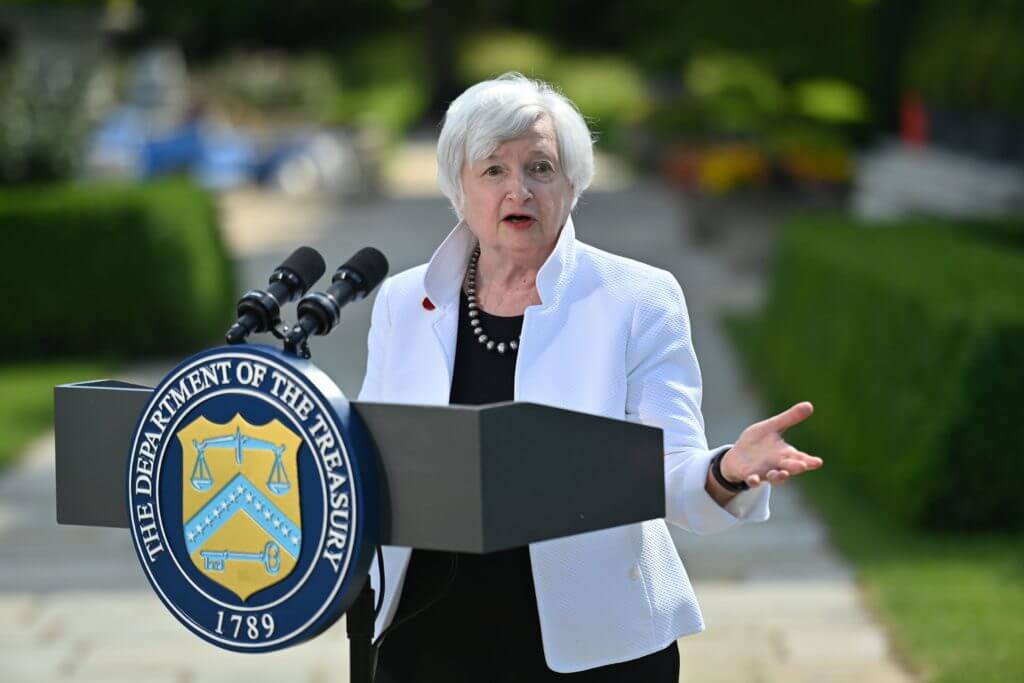The World’s Richest Countries Want To Create a Competition-Crushing Global Tax Cartel

There is a certain irony to a group of rich countries pushing for policies that will disadvantage poorer countries. Yet this is exactly what the leaders of the world’s biggest economies did by endorsing a global minimum tax rate of 15 percent on the profits of large businesses, a deal that has since gained momentum and pledges from leaders in 136 countries.
The deal’s objectives are simple. It creates a tax cartel, and high-tax nations believe this will limit competition from countries with lower and simpler taxes. It also benefits wealthier, higher-tax nations by shifting revenues from countries where companies are headquartered to countries where companies make their sales. At the heart of these two objectives is the need to feed wealthy nations’ enormous budgets.
Here’s the skinny on a global minimum tax: Most countries, including the United States since the passage of 2017’s Tax Cuts and Jobs Act, use some version of a “territorial” system. Territoriality is a basic principle of good tax policy and means that governments don’t tax their taxpayers’ foreign-earned incomes. That money is instead taxed by the foreign jurisdictions where it is earned. Firms can choose where to do business based on what country has the best tax regime. This approach puts pressure on governments with punishing tax regimes to become less draconian.
High-tax nations don’t like this competition, which is why they’ve been itching for the past decade to undermine it with a global minimum tax. And while the U.S. government is set to benefit immensely from the new regime, U.S. companies with foreign subsidiaries and income will not.
The interesting thing is that some advocates don’t bother to hide the fact that their goal is to simply extract more revenue from businesses. In a recent piece in The Washington Post, economist and former Treasury Secretary Lawrence Summers cheered the new deal:
“Countries have come together to make sure that the global economy can create widely shared prosperity, rather than lower tax burdens for those at the top. By providing a more durable and robust revenue base, the new minimum tax will help pay for the sorts of public investments that are fundamental to economic success in all countries.” – READ MORE




Responses